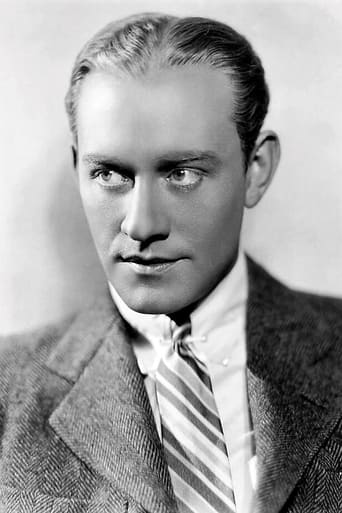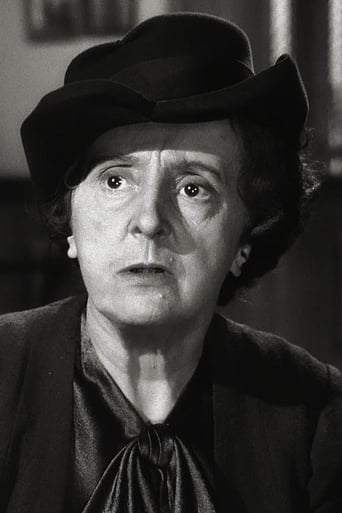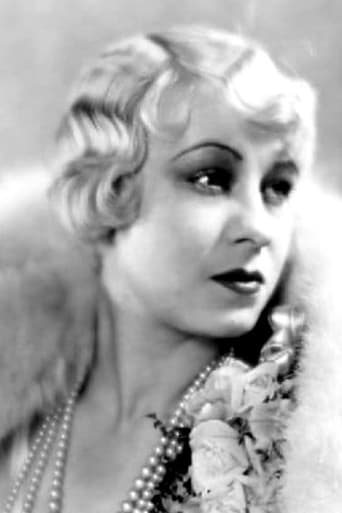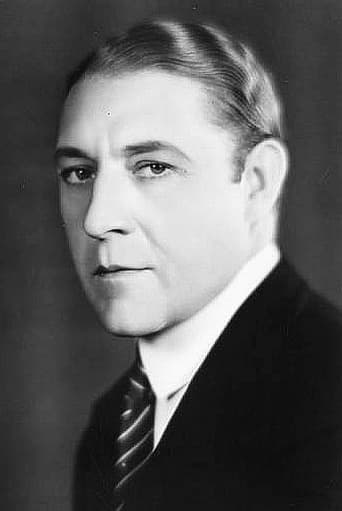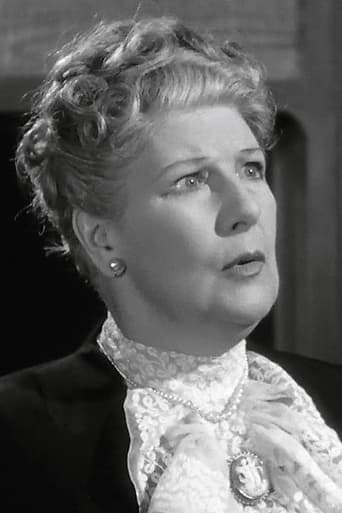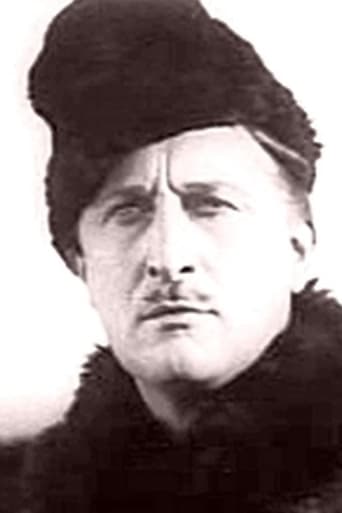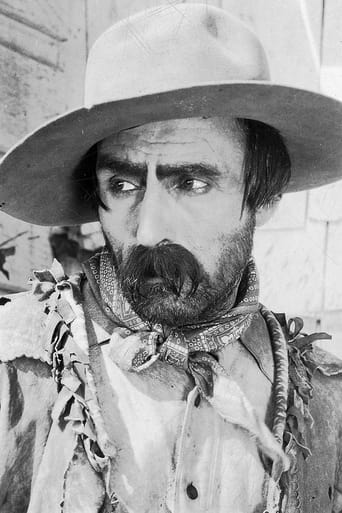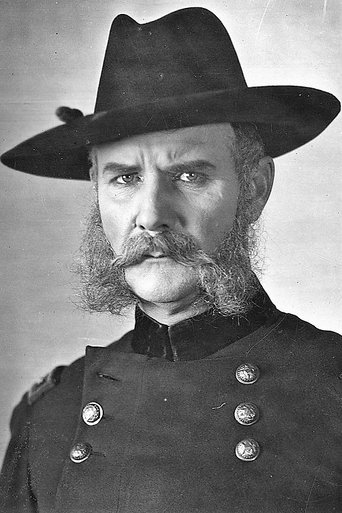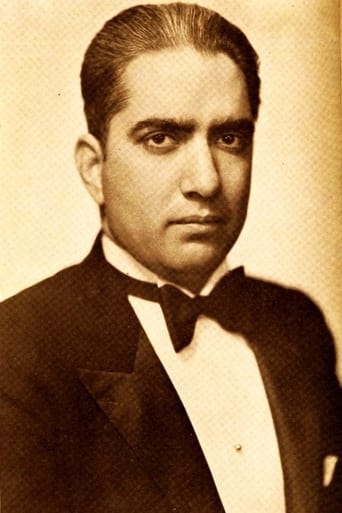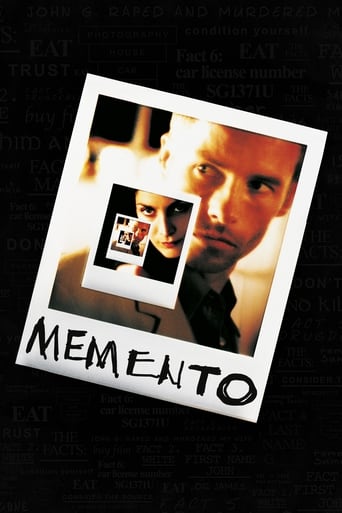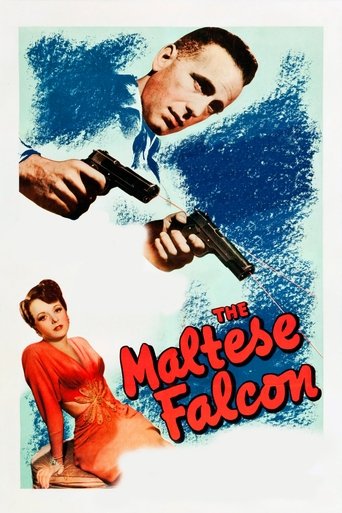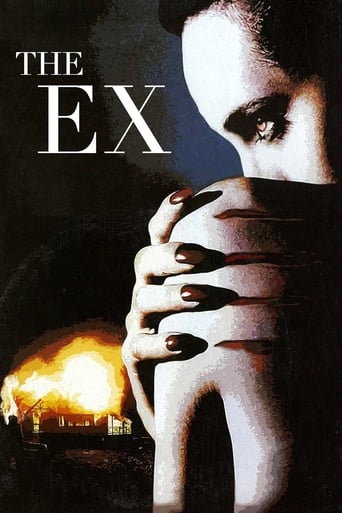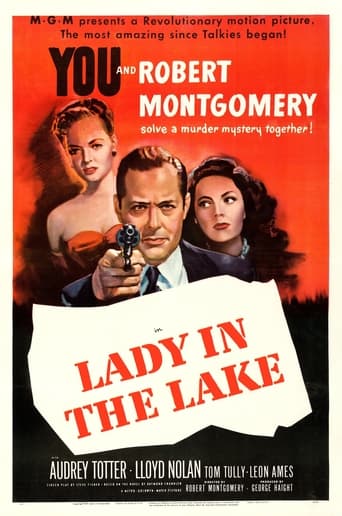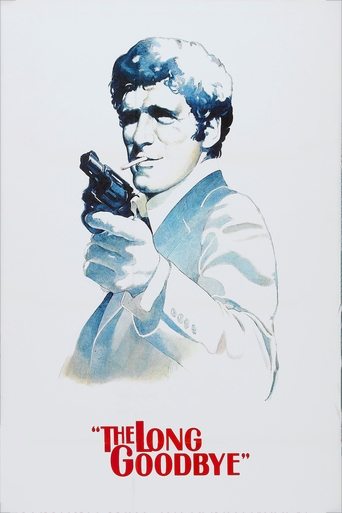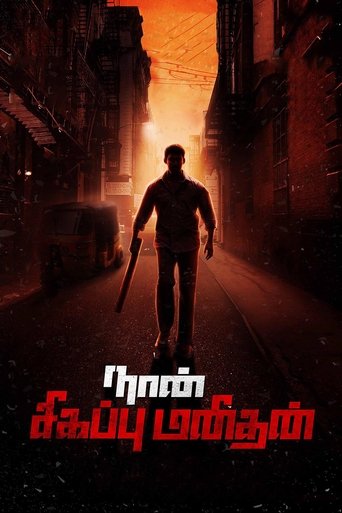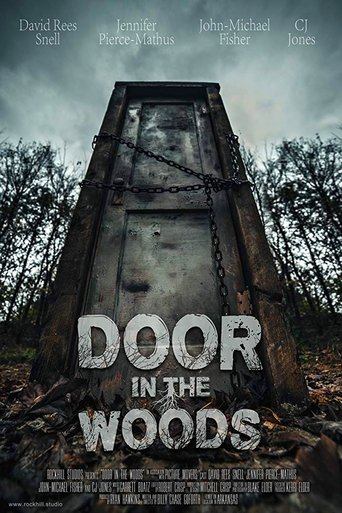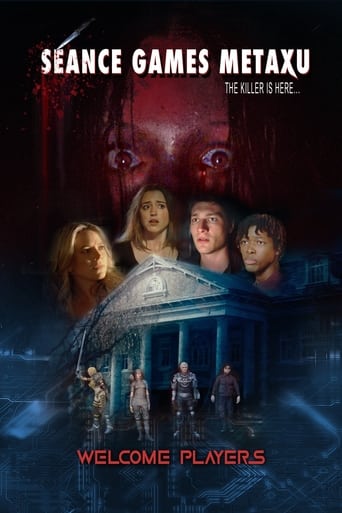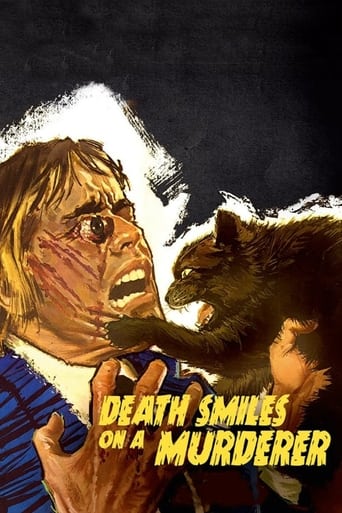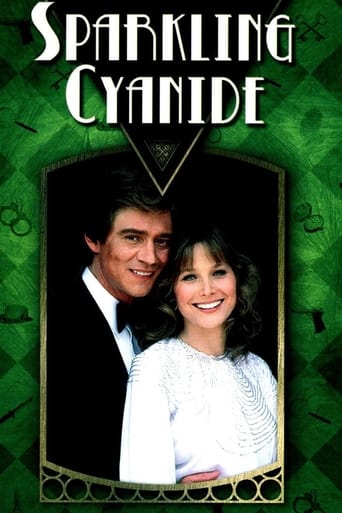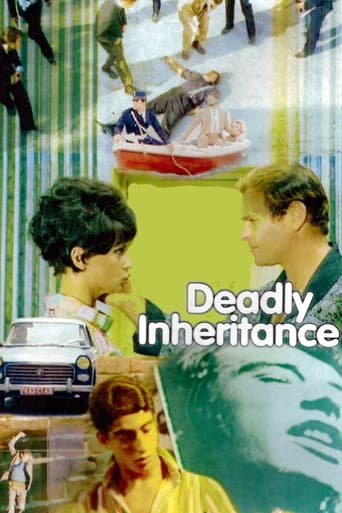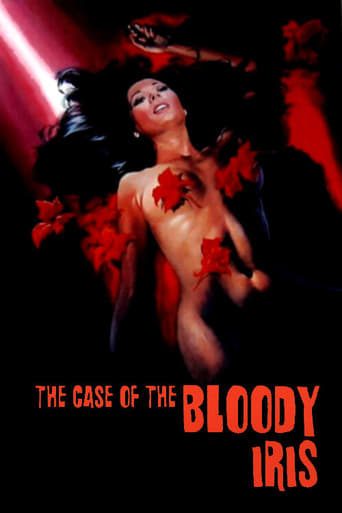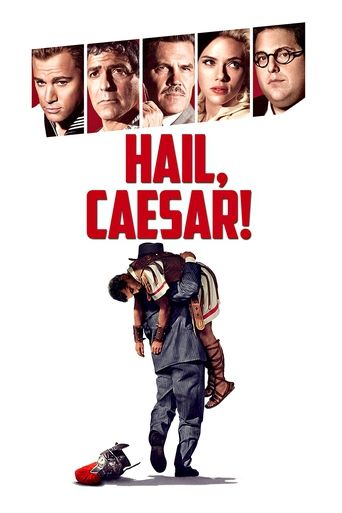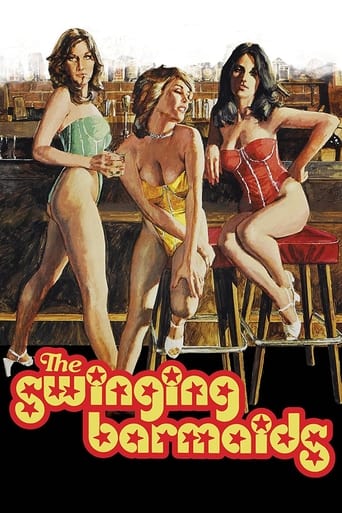
The Thirteenth Chair (1929)
Although his murdered friend was by all accounts a scoundrel, Edward Wales is determined to trap his killer by staging a seance using a famous medium. Many of the 13 seance participants had a reason and a means to kill, and one of them uses the cover of darkness to kill again. When someone close to the medium is suspected she turns detective, in the hope of uncovering the true murderer.
- Tod Browning
- Elliott J. Clawson
- Bayard Veiller
Rating: 4.9/10 by 13 users
Alternative Title:
The 13th Chair - US
Country:
United States of America
Language:
English
Runtime: 01 hour 12 minutes
Budget: $0
Revenue: $0
Plot Keyword: whodunit, killer, séance, spiritualist
Some films are known more for the trivia associated with them than their actual content – The Thirteenth Chair (1929) being one of them. As the first sound film for director Tod Browning and his first collaboration with the Hungarian emigre actor Bela Lugosi it is these points of interest in a film a few years before Dracula (1931) that draw most attention. Browning seems very restricted by the early sound recording systems and this very theatrical film plays out mostly on a single set in prolonged wide shots. The opening scene as a mysterious figure enters a building and almost steps on a pool of blood left by a murder victim is handled with some style but is one of the few visual treats in a very static film. Lugosi is very engaged in his part, talking much faster and with greater passion than his lugubrious Dracula performance, indicating the latter was very much an interpretation of his original stage part. His dramatic confrontation with the suspects is full of passion and a certain intensity. Of the remaining cast John Davidson as Edward Wales is the sole standout, bringing a creepy intensity and mystery to his role, which is portrayed as one of mystery. Existing prints of this film are fairly washed out and damaged which reduces the ability of the modern viewer to identify clearly what is going on. A full restoration might be of benefit if quality elements exist but this is far from being the forgotten masterpiece of early sound horror that a viewer might have hoped for.

